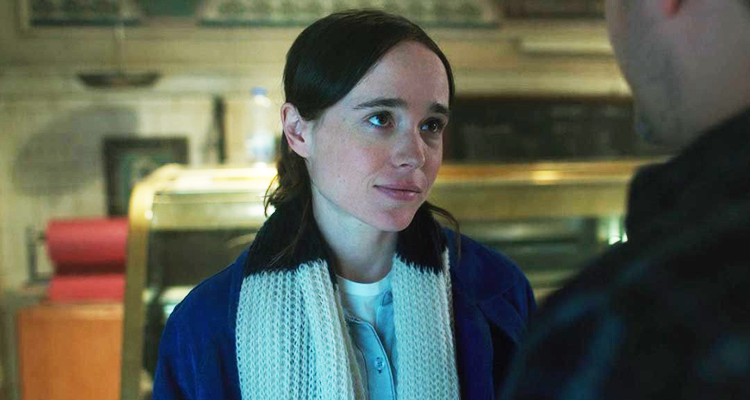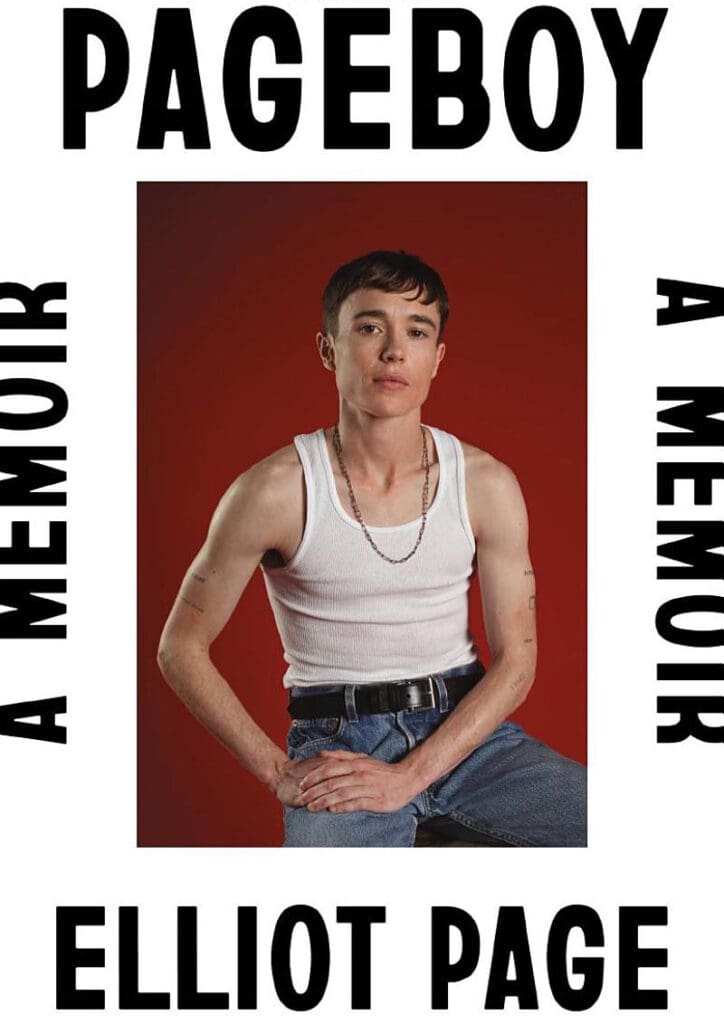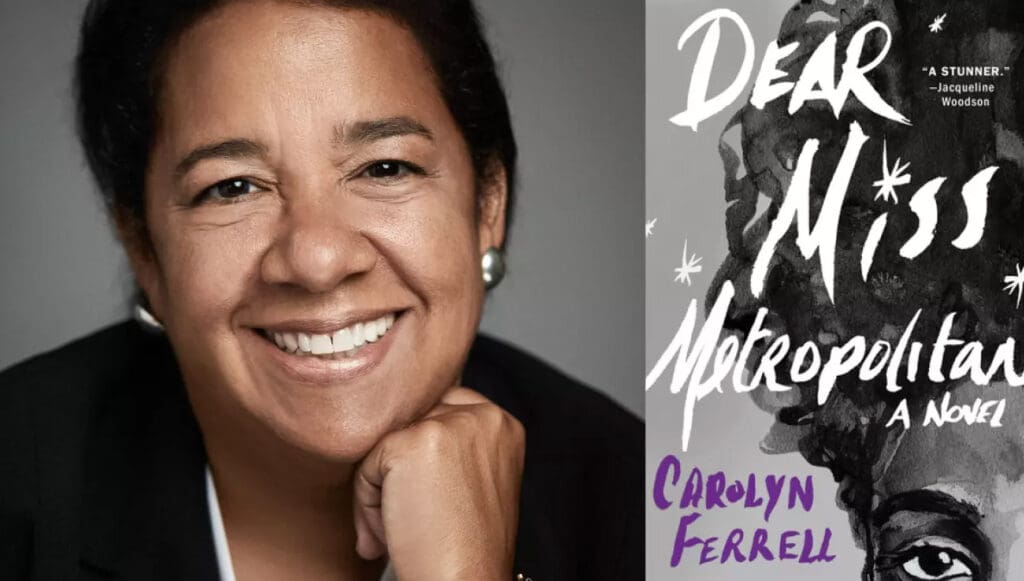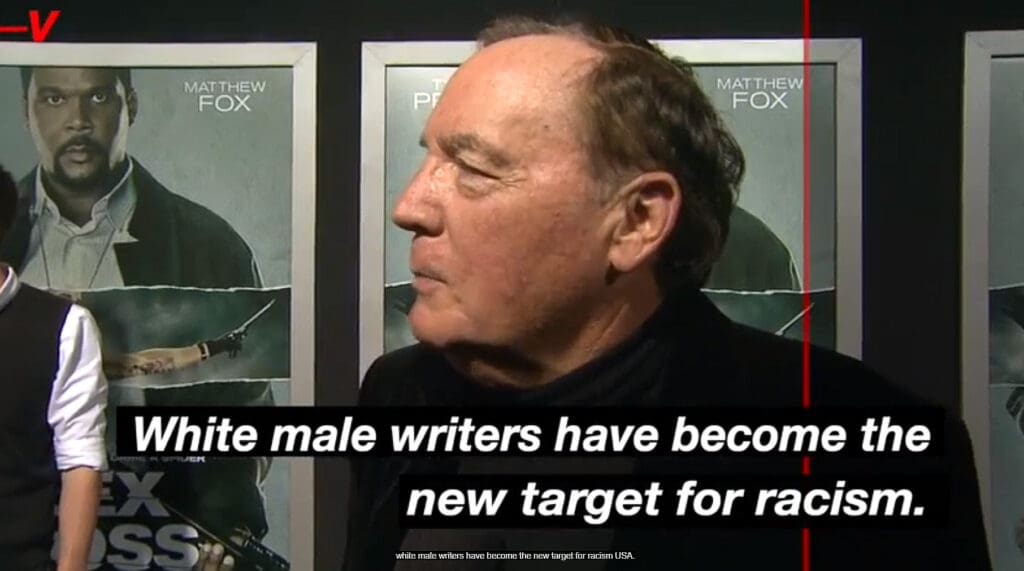
Is the publishing world finally seeing the light? Are the Big 5 finally waking up to the fact that woke books just don’t resonate with readers? Behind closed doors, anonymous insiders are pointing fingers at inexperienced editors for championing failed acquisitions pushing identity politics like Elliot Page and her transgender mental illness glorifying book, “Page Boy.”
Sources reveal that books backed by “inexperienced” editors with hefty advances have crashed commercially. A senior editor at The Free Press boldly questioned whether this is “the right time to be championing authors of more traditional backgrounds,” a sentiment echoed by numerous editors who, fearing job security risks, insist on speaking anonymously. One editor said, “People were scared. People were afraid to lose their jobs. Still are.”

In the aftermath of the 2020 Black Lives Matter riots, publishers rushed to hire editors of color, only to throw them under the bus 3 years later. The poor excuse of inexperienced editors taking the fall for these flops masks the more harsh truth. Woke books aren’t popular, and senior editors were clamoring to hire woke editors. Dana Canedy, departing Simon & Schuster in July 2022, brushed off claims she was “unqualified” for the job and “are cheap shots likely made by an incredibly small number of unnamed sources who do not deserve my energy.”
How bad is the situation that has led to all the finger-pointing? Consider the underwhelming returns on Carolyn Ferrell’s ‘Dear Miss Metropolitan,’ “snagging a $250,000 deal but selling a paltry 3,163 copies despite The New York Times’ praise of its story of three young girls, Black and biracial, who are kidnapped and thrown into the basement of a decaying house in Queens.” Even with a $500,000 advance, Claudia Cravens’ ‘Lucky Red,’ marketed as a queer feminist Western, barely moved 3,500 copies.

Celebrity releases are not a safe bet either. Elliot Page’s touted memoir ‘Pageboy’ fetched a whopping $3 million advance but only pushed 68,000 copies.
Notably, crime fiction powerhouse James Patterson faced backlash for saying that discriminating against white male writers is “another form of racism,” only to apologize later for speaking the inconvenient truth. Could this spark an era of male-authored female pen names reminiscent of when women used male pseudonyms for credibility? Will we see more blatantly ethnic pen names to garner the attention of editors who haven’t come around to the reality of tanking sales? Or perhaps publishers will create fake personalities for authors that can deliver sales, similar to how corporations “greenwashing” for higher ESG scores.

These commercial failures only scratch the surface of the industry’s deep-seated issues. The upheaval within the so-called Big Five—Penguin Random House, Macmillan, Simon & Schuster, Hachette, and HarperCollins—has been brewing, pointing not to a mere Bud Light style boycott but to the failure of subpar products to resonate with readers. While industry admissions might be a tipping point, senior editors remain hesitant to voice their concerns without the safety of anonymity, and losses will only continue until the woke narrative is abandoned altogether.
What do you think about the publishing industry’s failings like Page Boy by a woman masquerading as a man, Elliot Page? Let us know in the comments!

I find it hilarious that ‘Page Boy’ lost so much money for its publishers. They need to remember that:
1. SJW’s are loud but few and they don’t purchase books. Most of their ‘reading’ is done on Twitter…
2. ‘Go woke go broke’ isn’t just a catchy saying.
The only entertainment the SJW provides is Schadenfreude